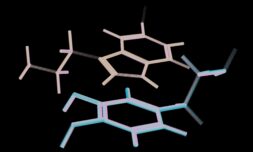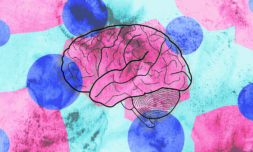It’s long been theorised that giving thanks can cultivate a stronger desire to be giving. Now, there’s neuroscience to back this up, with recent research revealing a link between a grateful brain and an altruistic one.
If you’re into mindfulness, then you’ll know how transformative it can be to practice gratitude.
Actually, even if you’re not into all that self-reflection stuff, I’m sure that at one point or another you’ve noticed the shift that happens when you try to see the world and your reality through more appreciative eyes.
It’s not easy, of course. Especially nowadays with so much distraction everywhere. But, speaking from experience, it can be ground-breaking when you’re struggling with your mental health.
I’m not the only one who recognises this, either.
For decades, psychologists have stressed the benefits of being thankful given it heightens optimism, reduces anxiety and depression, and is associated with fewer symptoms of physical illness.
Personal wellbeing isn’t exclusively what it’s good for, however.
According to recent research, giving thanks can cultivate a stronger desire to be giving – particularly to charitable causes.
It comes after neuroscientists found a link between being internally grateful and externally altruistic.
Their studies reveal that the neural connection between gratitude and giving is very deep, with the region in the frontal lobe of the brain key to supporting both.
Christina Karns, a neuroscientist at the University of Oregon, is an expert in this field.
As she explains: ‘practicing gratitude shifts the value of giving in the ventromedial prefrontal cortex. It changes the exchange rate in the brain. Giving to charity becomes more valuable than receiving money yourself.’
‘After the brain calculates the exchange rate, you get paid in the neural currency of reward, the delivery of neurotransmitters that signal pleasure and goal attainment.’
‘So in terms of the brain’s reward response, it really can be true that giving is better than receiving.’
In other words, you can proactively choose to retrain your amazingly flexible brain so that it gets more pleasure out of giving.
These aren’t permanent effects, but they’re pretty remarkable when you think about it.
With the current state of the world and growing number of people who need help, hopefully this discovery incentivises some of us to practice gratitude and, in turn, practice giving.

















